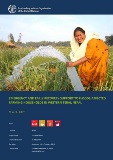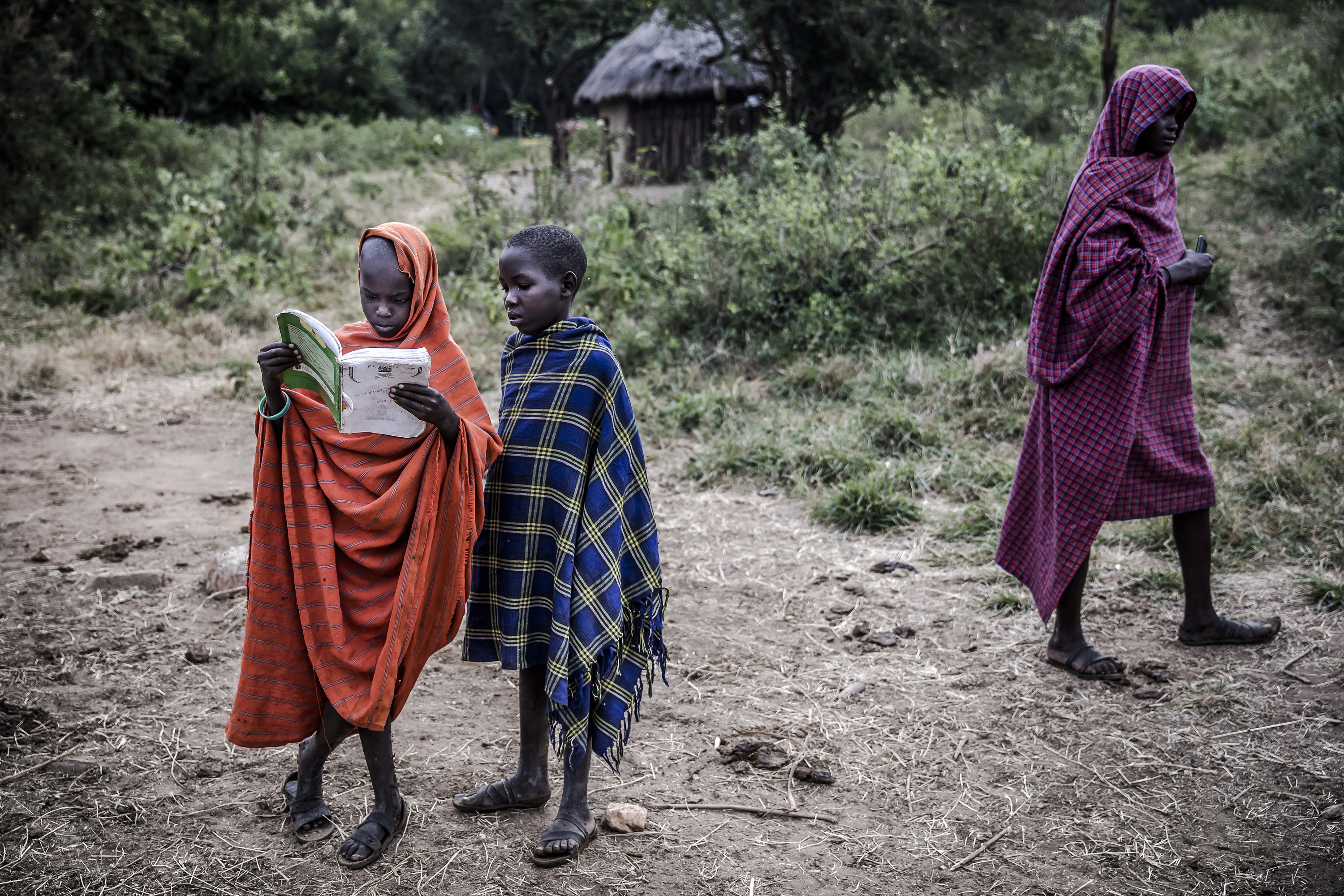TCP and Emergencies
Emergency TCP projects support both anticipatory action and immediate responses to disasters and early rehabilitation measures through the timely delivery of essential agricultural inputs, services and training. TCP helps affected communities quickly resume food production and livelihood activities. The TCP also delivers technical and operational support. That includes forecasting, monitoring, regional or subregional technical and operational coordination, (such as for the Desert Locust Emergency); operational support to national surge capacity; products (e.g. outreach and training materials), technical documents and guidelines, strategies and action plans, and technical facilities/technology and equipment with the aim of enhancing local capacities to respond to or in preparation of a crisis.
TCP Emergency Results from 2018
Multi-Media
TCP and Emergencies
10/07/2023
Examples of completed projects

Emergency and Early Recovery Support to Floods-Affected Farming Households in Western Terai, Nepal
01/03/2023
Nepal is highly vulnerable to climate change, hydrometeorological hazards and extreme events such as storms, floods, landslides and debris flow, and soil erosion...

Recuperación de medios de vida de las poblaciones pesqueras de la costa Caribe de Nicaragua afectadas por los huracanes Iota y Eta
01/03/2023
En la Costa Caribe, el 30 por ciento de la fuerza laboral depende de la agricultura y aproximadamente el 42 por ciento de la pesca para su sustento. La actividad de extracción de recursos naturales sujeta a explotación en las lagunas y en el mar, es el principal eje económico del territorio.

Emergency Humanitarian Assistance to Conflict-Affected Vulnerable Groups in Armenia
01/03/2023
Military escalation in 2020 across the Nagorno-Karabakh (NK) borders led to the displacement of around 90 000 people from the Nagorno-Karabakh conflict zone.

Emergency Support to the Rehabilitation of the Agricultural Production for Farmers Affected by Floods in Kirehe District
01/02/2023
Kirehe District has been severely impacted by a number of climate hazards, including a protracted drought and recent strong rainfall, which have increased the risk of unprecedented run-offs that, in turn, could result in flooding and landslides







